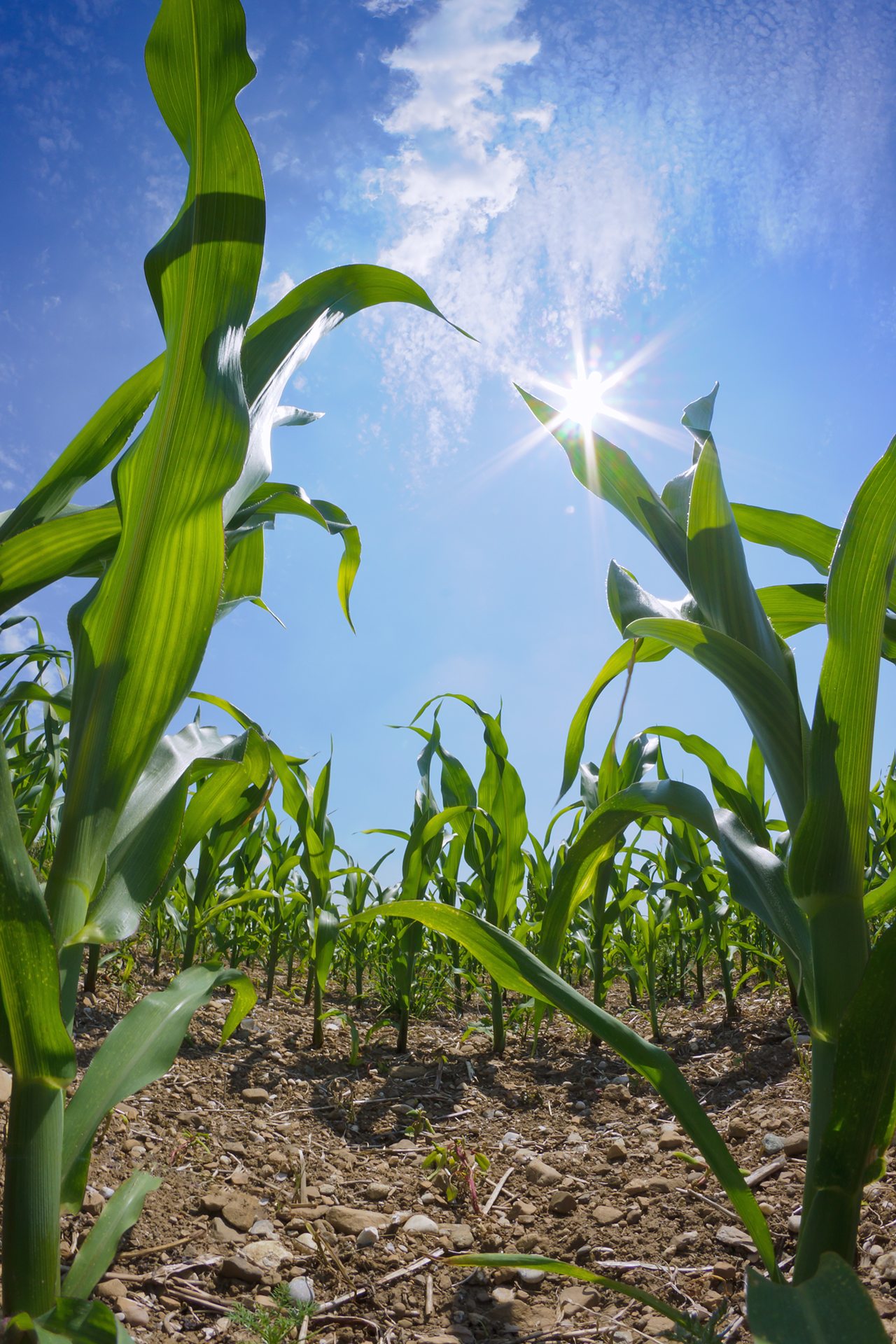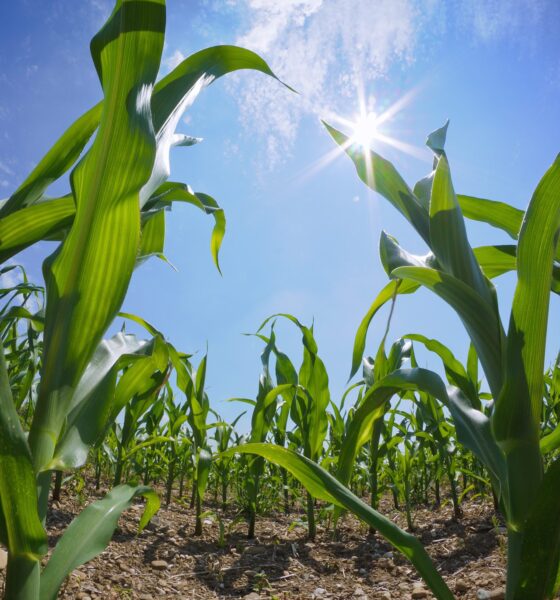

Economy
Climate change will trigger global food crisis, says World Bank official
The global food system will be severely disrupted by climate change, according to the World Bank’s vice president, who warned countries must focus on ‘smart agriculture’ to keep feeding their people.
Speaking at the Crawford Fund 2014 annual conference on food security in Canberra on Wednesday, Rachel Kyte, World Bank Group vice president and special envoy for climate change, said the world could see its food system collapsing within a decade.
Kyte explained that rising greenhouse gas emissions from the food sector, particularly from agriculture, growing populations and rising demand for meat are putting more stress on land and resources, especially in poorer countries.
These factors are also hugely contributing to climate change. The agriculture sector alone is responsible for around 30% of greenhouse gas emissions, which are warming up the planet and disrupting food production, while also leading to more extreme weather such as floods and droughts.
Rising demand for meat in developing countries is also seen as a problem, given that it is an highly inefficient food that requires much land and water to cultivate, while livestock is also responsible for a large share of methane emissions.
“The challenges from waste to warming, spurred on by a growing population with a rising middle-class hunger for meat, are leading us down a dangerous path,” Kyte said.
“Unless we chart a new course, we will find ourselves staring volatility and disruption in the food system in the face, not in 2050, not in 2040, but potentially within the next decade.”
She added that countries should focus on so-called smart agriculture that aims to raise productivity, while also reducing its impact on the environment. Kyte cited a new rice variety that would need less water and fertiliser but yield 50% more grain than current types, which is currently being developed.
The link between climate change and decreasing food production has already been highlighted by a number of studies, including research from MIT, the University of Leeds and the National Center for Atmospheric Research (NCAR).
Photo: Andreas Krappweis via flickr
Further reading:
MIT study links climate change, air pollution and decreasing food supplies
Farmers affected by climate change could be helped by new resilient rice
World needs to sustainably produce 70% more food by 2050
Climate change could reduce crop yields as soon as 2030
Reliance on fewer crops will increase climate change food security


 Environment12 months ago
Environment12 months agoAre Polymer Banknotes: an Eco-Friendly Trend or a Groundswell?

 Features11 months ago
Features11 months agoEco-Friendly Cryptocurrencies: Sustainable Investment Choices

 Features12 months ago
Features12 months agoEco-Friendly Crypto Traders Must Find the Right Exchange

 Energy11 months ago
Energy11 months agoThe Growing Role of Solar Panels in Ireland’s Energy Future





























